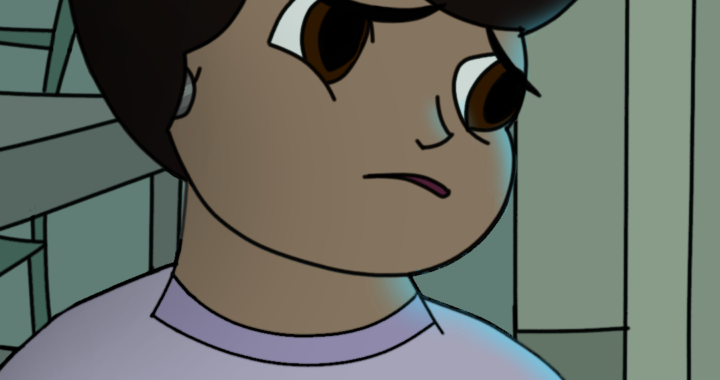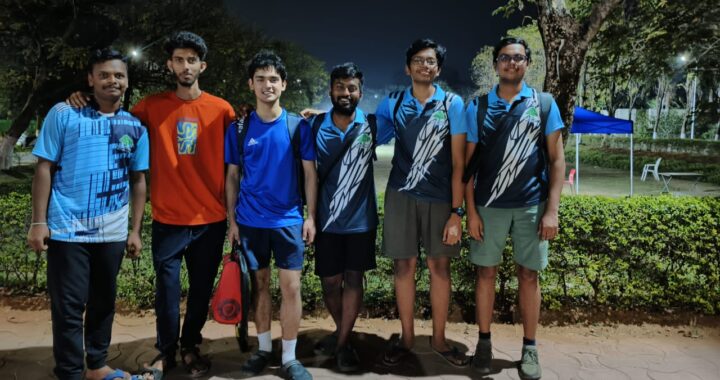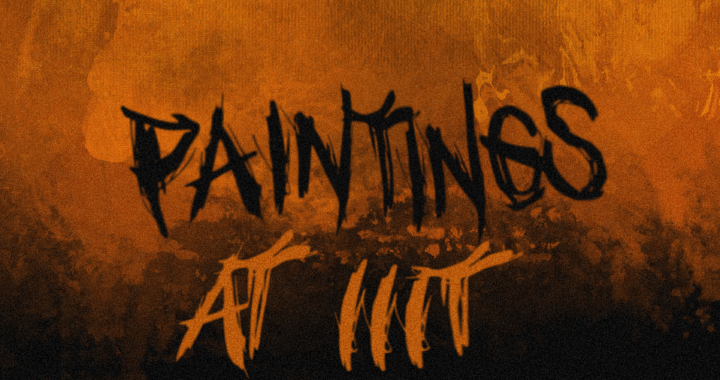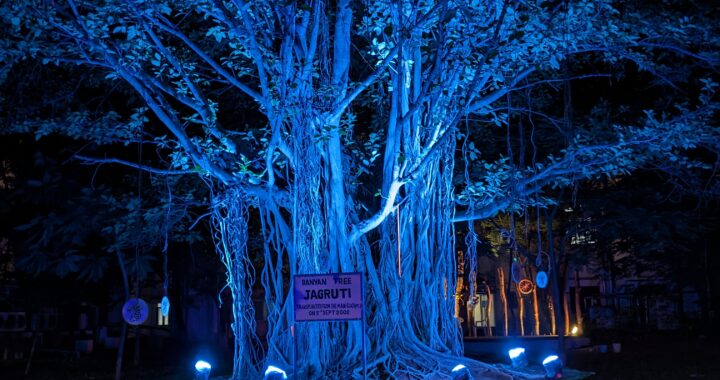Faculty Interview – Prof. R Govindarajulu

“You journalists are dangerous,” the accusatory finger pointing at us. “If I’m not careful, you will put words into my mouth!” It was in this setting of distrust that Mr. Mumbles and I sat down to interview Prof. R. Govindarajulu, as our protests to the contrary were quite in vain. The man of course needs no introduction, and no I’m not talking about Mr. Mumbles. Just ask any of the kids who are terrorized by his quips and comments, which could range from the attire the poor sleep-headed lad found himself in, to his marriage prospects in the near future. A man of great versatility, a constant learner and a role model for many, we felt honoured to be interviewing him, as Mr. Mumbles expressed in as many words, “Mumble, mumble.”
Knowing the popularity that he has among the students, we asked him what he thought about the current lot. “Well, I am an old-timer, and my opinions will be from the perspective of an old-timer.” Fair enough, we thought, as Mumbles got pretty agitated, waiting for the storm that was about to come. “In our time, attire was given a lot of importance, bermudas were rare. Nowadays, students walk around the campus in shorts, not just boys, even girls! As I make my way to class, I see students doing the balancing act with their chai and veg. puffs in the narrow staircase leading to it. Some even carry their snacks to class! I think it portrays their frame of mind. I expect the students to question and challenge the faculty. When the student chooses not to, we can take it easy! But it does hurt. I find enthusiasm, energy and idealism to be rare in present-day students.
These comments are not just entertainment oriented. Are you guys wearing bermudas, too?” “Mumble, mumble,” we both managed, as we silently thanked the modest denims we owned! “Maybe this is the difference in perspectives speaking,” he continued. “I expect some kind of attitude towards learning to be reflected by the students’ clothes. I can’t impose my perception on anybody. After all, it’s decades old. If you asked me a philosophical question as to why this is wrong, I’d say nothing. But the shorts the students wear to class today remind me of the hippies that roamed the Goan beaches in the ‘60s, and they were philosophical too!”
Mumbles looked like he was having a mini-heart attack, and a topic change was in order. “If you had not entered academia, what would you have done?” “I am from a rural background. Mine was a poor family in Kakinada. My state was like that of Kishore Kumar in Chalti ka naam Gadi and I was always interested in my Paanch Rupaiya barah Aana. All the while, my outlook was that if I get a job close to my village, I would be happy, and I was glad when I got a job at Bharat Electronics. As a student, I used to imitate faculty members. I had no ambition of being a professor. I even got an opportunity to do Masters in IIT Kharagpur, but I passed, because I did not want to leave my job.”
“How then did you end up in your current profession,” we wondered. “When I was a lecturer, I used to teach Network Theory. I wasn’t very good at it, but because I had to teach, I learned the subject myself. I would work out problems from various books. This gave me a very good foundation. I remembered that as a student, we used to curse faculty for the way they taught. I did not want that to happen to me.”
Sir, what do you feel about students being employed in areas not related to their technical education, I mean the non-core jobs?
“The kind of jobs they do these days in financial organizations are modeling and computer science related. Ultimately, one must work where one’s passion lies.”
Supposing you were the director of this institution, what would you do differently?
“I may not have experimented with a few things.”
What change would you like to see in the curriculum?
“I have my own views.” Okay, mum is the word, we get it, sir.
Placement or research, what should be given more importance?
“It is difficult to say. Both are equally important, but as we are a research institute, research gets the upper hand in deciding a few policies. Unless placements are good, we can not have a good intake. We are not all philosophers here. But we can not be a run-of-the-mill institute. Research is important for our national/international standing.”
In the past couple of years in particular, we have seen a sharp increase in the number of dual-degree students in the campus. It seems like the institute is pushing research into students big time…
“I am for the B.Tech program and the Ph.D. program. As students progress, they can take up research if they wish to.”
What is your opinion on undergraduate students doing internships?
“Purpose of the work is more important. If a student actually works out research problems, makes efforts in a critical field, it can be an enriching experience. But doing cheap labour in the name of getting ‘paid for first time’ is a strict no-no, and often students are unable to realize that. If the intern is good, one can take it up. You get to learn a lot about the culture of an organization. If the work helps you learn, of course it is a good thing.”
You are known for your eidetic memory. What is the secret behind that?
“Just a rustic mentality.”
What goals, aspirations keep you going in life?
“Coming from a poor family, my goal has always been survival. Till date, I believe my attitude has not changed. I never aimed too distant, just lived the present to be exact. In high school, I used to be good at math. My father was not very educated. When I passed tenth class in the first attempt, my father’s view was to send me to teacher’s training institute. But on the suggestion of one of his friends, I joined engineering. It was never planned to be that way. I joined Kakinada University and did reasonably well.”
“During engineering, there were occasions when I was quite complacent, I fell in a few of them. I would bunk class, watch movies and moved with students who did not study. My percentage went down. Maybe I could have done better if I had focussed.”
Over the decades, how have students in general changed?
“Anytime, students do make mistakes. That age is like that. I used to fear and respect my professors. If not, I think I would have drifted away. This generation has never written a letter to parents, never travelled in coal driven trains, instant solution tendency is probably built in. But academics still stays an entirely different ball game.”
What message would you like to give to the students?
“Having come here, realize your responsibility. Do not fritter away your parents’ money.”
It was a sixty minutes well spent, as we took our leave to introspect the things that he had said. For it certainly was a most thought provoking experience, speaking to a man who is an epitome of progress, yet humility, a person who started with nothing and almost half a dozen decades down the line has almost all the accolades which are there to be won in academia. Mumbles sure did not mumble anything on the way back!


 Cleaning up the Mess?
Cleaning up the Mess?  The Mess-y Situation
The Mess-y Situation  Qu’ils mangent de la grenouille! (Let Them Eat Frogs!)
Qu’ils mangent de la grenouille! (Let Them Eat Frogs!)  Tale of Two Cheenties
Tale of Two Cheenties  Peace of mind.
Peace of mind.  Boats and Valorant
Boats and Valorant  A perspective on sports in IIIT
A perspective on sports in IIIT  Paintings of IIIT
Paintings of IIIT  The Tale of Jagruti
The Tale of Jagruti